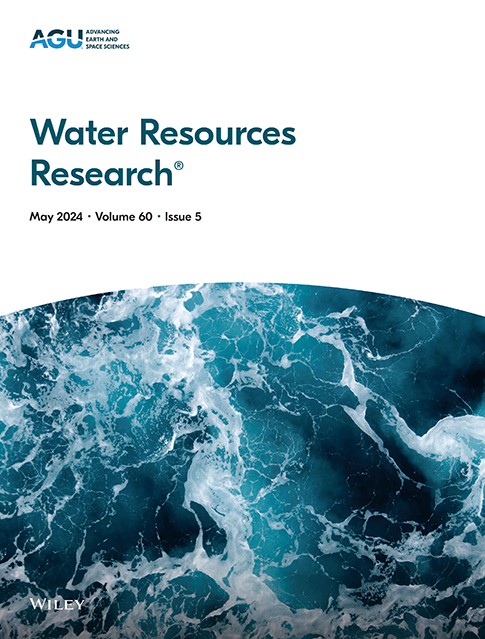Managing and Prioritizing Investments in Urban Waterways: Empirical Insights Into the Preferences of the Public and Experts
IF 4.6
1区 地球科学
Q2 ENVIRONMENTAL SCIENCES
引用次数: 0
Abstract
The world is more urbanized now than ever before and maintaining some form of amenity from natural or modified ecosystems in the urban context is an increasingly significant challenge. This is not aided by the somewhat amorphous definition of amenity itself. This article introduces a framework for conceptualizing the amenity of urban waterways and provides empirical evidence about the relative weight of the different determinants of waterway amenity. We use best-worst scaling to examine how households rate the relative importance of the amenity attributes along with data about how households rate their “connection” to waterways. Comparisons of preferences are made across four cities in Australia, all ranked in the top 10 most liveable cities in the World in 2021. The study also captures the relative importance of how “experts” in the field perceive these attributes. We find evidence that public preferences are not always aligned with those of experts and uncover significant heterogeneity within household respondents. To illustrate one way to cater for this heterogeneity in urban planning we report the results of a total unduplicated reach and frequency analysis as a means of identifying an efficacious portfolio of interventions. Accordingly, the study provides useful insights for waterway managers seeking to improve the allocation of resources and generate the most efficient amenity outcomes.城市水道投资的管理与优先排序:对公众和专家偏好的经验性洞察
当今世界比以往任何时候都更加城市化,在城市环境中保持某种形式的自然或改良生态系统的宜人性是一项日益严峻的挑战。美化环境的定义本身就有些模糊不清,这也不利于美化环境。本文介绍了一个概念化城市水道宜人性的框架,并提供了有关水道宜人性不同决定因素相对权重的经验证据。我们使用最佳-最差比例来考察住户如何评定便利性属性的相对重要性,以及住户如何评定其与水道 "联系 "的数据。我们对澳大利亚四个城市的偏好进行了比较,这四个城市均位列 2021 年全球最宜居城市前十名。这项研究还捕捉了该领域 "专家 "对这些属性的相对重要性的看法。我们发现有证据表明,公众的偏好并不总是与专家的偏好一致,而且在家庭受访者中发现了显著的异质性。为了说明在城市规划中应对这种异质性的一种方法,我们报告了不重复总体覆盖率和频率分析的结果,以此来确定有效的干预措施组合。因此,这项研究为水道管理者提供了有用的见解,帮助他们改善资源分配,创造最有效的便利设施成果。
本文章由计算机程序翻译,如有差异,请以英文原文为准。
求助全文
约1分钟内获得全文
求助全文
来源期刊

Water Resources Research
环境科学-湖沼学
CiteScore
8.80
自引率
13.00%
发文量
599
审稿时长
3.5 months
期刊介绍:
Water Resources Research (WRR) is an interdisciplinary journal that focuses on hydrology and water resources. It publishes original research in the natural and social sciences of water. It emphasizes the role of water in the Earth system, including physical, chemical, biological, and ecological processes in water resources research and management, including social, policy, and public health implications. It encompasses observational, experimental, theoretical, analytical, numerical, and data-driven approaches that advance the science of water and its management. Submissions are evaluated for their novelty, accuracy, significance, and broader implications of the findings.
 求助内容:
求助内容: 应助结果提醒方式:
应助结果提醒方式:


